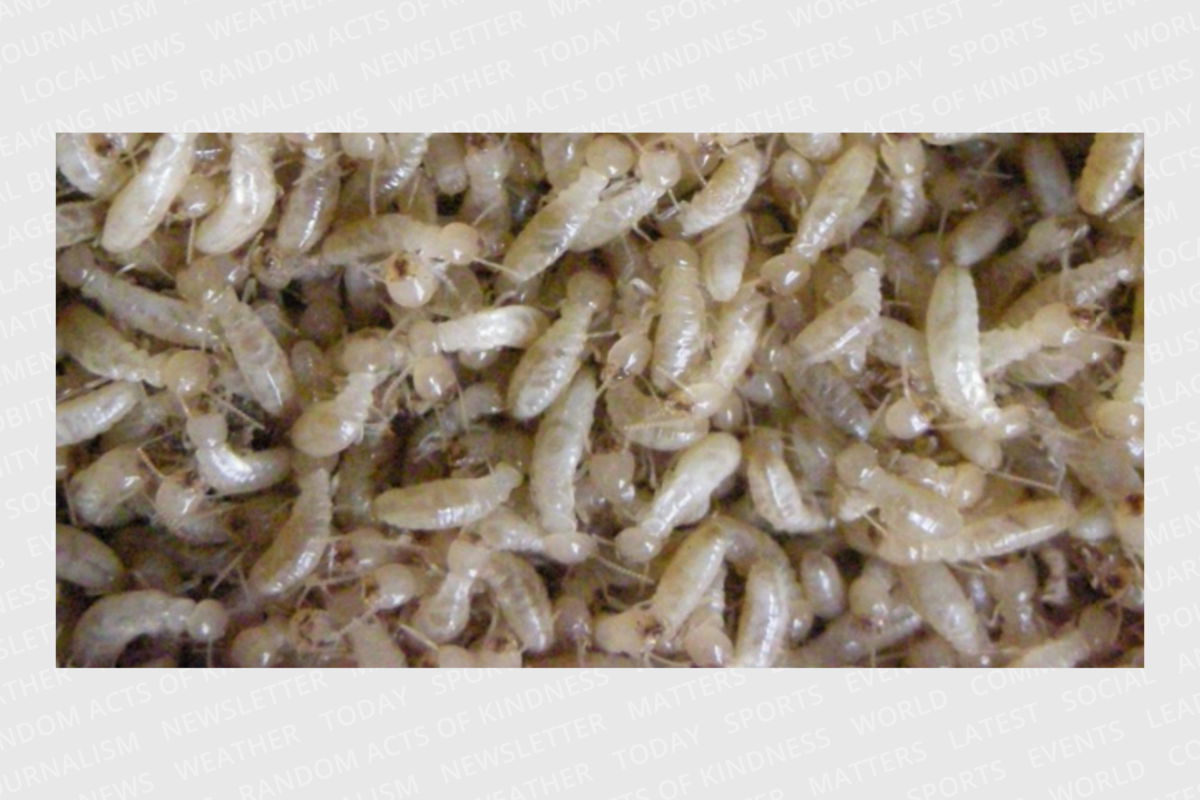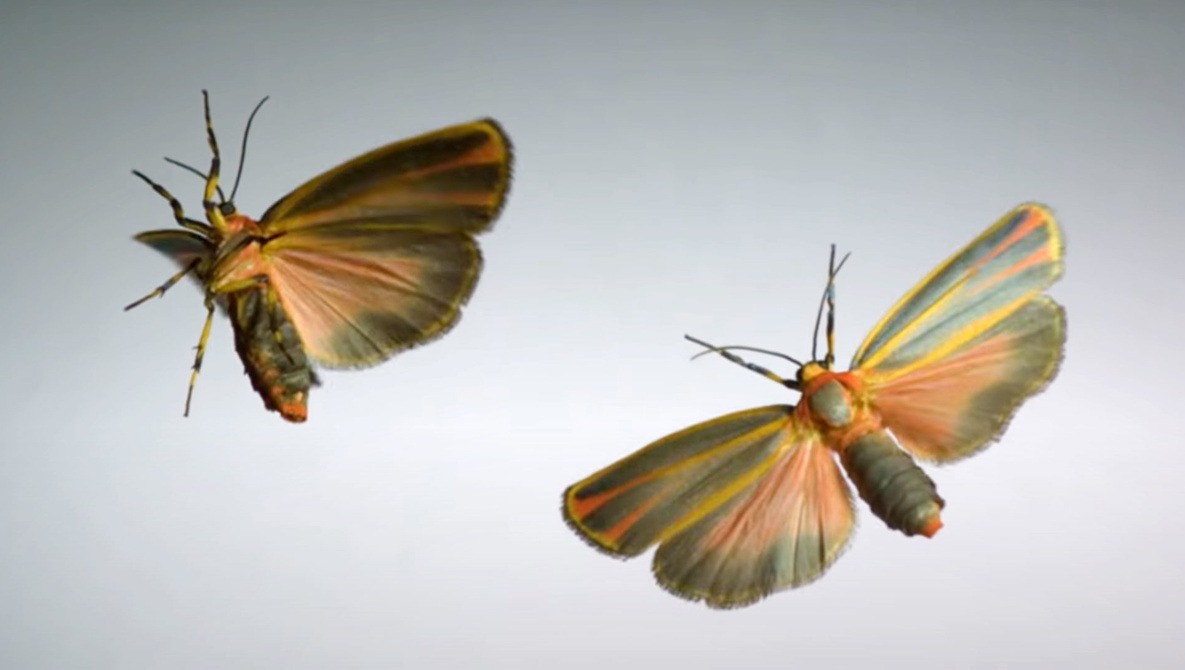ETX Daily Up
Termites usually get a bad rap for having a nasty habit of attacking the wood in our homes. But they are social animals who obey a king and queen. And the two monarchs make great parents to their entire colonies, according to a new American study.
Thomas Chouvenc, an assistant professor at the University of Florida, is interested in the parenting style of termite monarchs. To do this, he observed the behavior of 450 underground termite colonies (Coptotermes) in the early stages of their formation.
It all starts with the royal couple: they are the founders of the colony and the only individuals capable of reproduction. The queen can lay an egg every 30 seconds for about 15 years, or even every two seconds for the most prolific. Although all larvae come from the same parents, they develop differently to form “castes” of workers, soldiers, and nymphs. The latter develop into sexually mature and winged individuals that swarm out to found new colonies.
The researchers found that the royal couple is particularly present early in colony life to ensure the first offspring thrive. They take their role as parents so seriously that they can become exhausted from caring for their brood, as Thomas Chouvenc explains in his study recently published in the journal Functional Ecology.
From biparental to alloparental care
“Scientists often think of termites as these complex societies where the workers take care of everyone, including the queen and the king,” the specialist said in a statement reported by Phys.org. “That’s true in developed colonies, but during colony establishment, the most notable parents are the new queen and new king.”
However, things change significantly once the first individuals in the colony become self-sufficient workers. The royal couple then entrusts their parenting responsibilities to their first “children.” They are then responsible for taking care of the rest of the colony, while the king and queen devote themselves exclusively to reproduction. In other words, there is a shift from “biparental” care, where the king and queen are responsible for everything, to an “alloparental” setup, where the elders are responsible for caring for their younger siblings.
But also for their parents. In fact, after a few months, the king and queen become totally dependent on the termites they spawned, and especially the worker bees. The latter feed them with pre-digested food. They also keep the queen healthy by licking her, ridding her of potential parasites and diseases while providing constant moisture.
Although the royal couple are quick to abandon their offspring, that doesn’t mean Thomas Chouvenc thinks they’re negligent. “In a way, termite kings start out as the most dedicated parents, but once their first children can tend to the next batch of eggs, they step away from that duty forever and just focus on producing more eggs while the colony continues.” growing the support of a growing workforce,” he explains. At this stage, there is not much risk of a royal termite pair suffering from parental burnout.
RELATED STORY
The importance of positive self-talk








